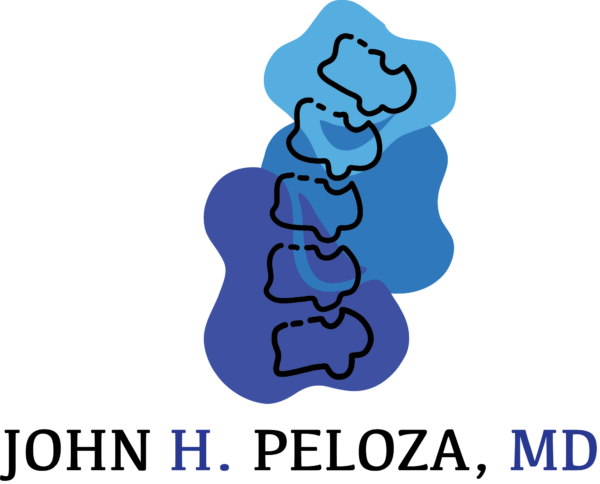
What is a Pain Management Doctor?
Pain management doctors are physicians who specialize in lessening the impact of pain, whether from surgical or chronic conditions. Pain management is a branch of specialized medicine that is also referred to as pain medicine.
After completing medical school and graduating from a residency program, doctors who aim to specialize in Pain Management will spend an additional year or more in a fellowship training program. Those who specialize pain management tend to come from different medical fields with backgrounds that vary across diverse specialties, including physical medicine, rehabilitation, neurology, anesthesiology, psychiatry, and others.
Typical Conditions Treated
Pain from surgery or from chronic conditions can be difficult to control. Chronic pain can even be impossible to cure. Treatment using pain management can help reduce the pain, leading to a better quality of life.
With pain recurring after a surgical procedure, cancer, or cancer treatment, pain management can be beneficial. Patients may also benefit from pain management when treating migraines, neuropathic conditions, or injuries like whiplash.
While some forms of chronic pain might never completely be relieved, the use of pain management therapy may help reduce pain significantly. Coping strategies can be used to keep the pain tolerable. This can bring some relief to those who face day-to-day life with chronic pain.
Typical Procedures Performed
The range of treatment options for pain and chronic pain are vast and deep, including both non-surgical and surgical options. Nonsurgical treatments your pain management doctor may recommend may include epidural steroid injections, botox injections, facet joint infections, nerve blocks, trigger point injections, and others. Some nonsurgical procedures can serve as diagnostic tools, like discography or discogram.
Surgical alternatives are usually considered as a later course of treatment if other means have been exhausted. Radiofrequency ablation, percutaneous discectomy, vertebroplasty, and kyphoplasty are surgical treatments that a pain management surgeon may perform.
Other surgical treatment options for chronic or drug-resistant pain include trigeminal rhizotomy, deep brain stimulation, spinal cord stimulation, and microvascular decompression. Cancer pain surgical treatment options may include myelotomy, cordotomy, tractotomy, and surgical placement of a morphine pump.
Generally, no single technique will yield complete pain relief. Therefore, it is often necessary to utilize a combination of treatments. Pain management doctors work with a variety of healthcare professionals, like psychologists or physical therapists, to tailor each patient's plan to their individual needs.
A variety of different approaches may be used to treat chronic pain. Your pain management practitioner may put together a plan that includes physical therapy, injections, psychological treatments, as well as exercise and lifestyle changes. It's important that you as the patient take an active role in your treatment by providing feedback. By doing this, your pain management practitioner can ensure your treatment is as effective as possible.



